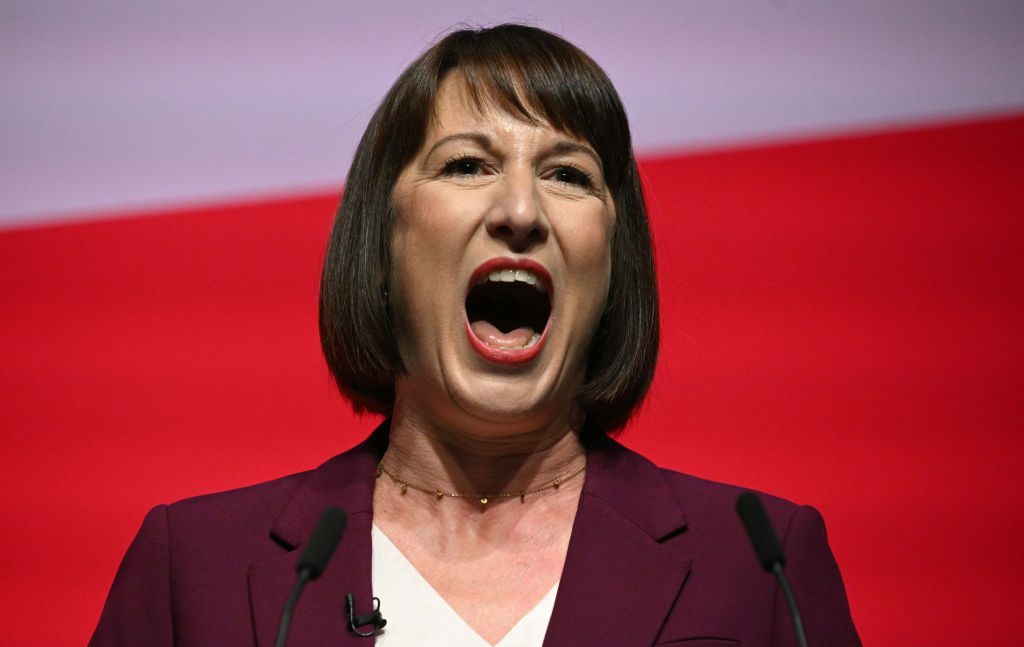Since the financial crisis, the UK has periodically panicked about the rise of investment companies that continue to operate but struggle to grow — the dreaded “zombie firms”. In the wake of the 2008 crash, Britons were worried about manufacturing and retail businesses being propped up by low interest rates. After the Covid pandemic and Russia’s invasion of Ukraine, zombification spread to utilities, particularly the energy sector. Now, concern has moved to private equity and venture capital firms, with the Financial Times reporting over the weekend that many are struggling to raise new investment and are only managing existing funds.
The scale of UK investment in private equity and venture capital has been falling for some time. In 2020, UK domestic investment in these firms was £10.5 billion adjusted to today’s prices; but by 2024, this had fallen by 47% to £5.6 billion. Overall fundraising has fallen by 61% in the past couple of years.
Given the weakness of Britain’s economy, we shouldn’t be surprised. Growth has been anaemic for years and inflation has been higher than other developed economies. This has squeezed wages and reduced domestic savings. Last month, the ONS significantly revised down the UK savings ratio, which means that there are tens of billions less in domestic savings than previously thought. There is therefore less money to be deployed in the country’s financial sector and used to leverage funds from around the world to come to the UK.
This is a source of concern, because Britain has heavily relied on financial services to drive growth over the past 30 years. Between 1997 and 2008, exports of financial services grew by 300%. This exceptional performance, unlikely ever to be repeated, helped drive the economy forward and covered up the decline of manufacturing. However, following the crash, exports of financial services have been flat, and the economy has limped along ever since. Britain’s economic elite discuss this decline but operate under the belief that the “good old days” can return, and that the banking sector will be revived almost by itself. Yet the truth is clear. Those days are gone — and they are never coming back.
A world-beating financial services sector cannot exist without significant wealth being generated at home. The wealth upon which the City depends is created not by financial services but by the fortunes of the wider economy. We have tested to destruction the idea that a world financial centre can be built purely on other countries’ money.
For all the talk about the prestige of the City of London, the quality of the UK legal system and being in the right time zone, the real reason why businesses used to set up shop in London was because there was plenty of cash sloshing around. People across the world are realising that the conditions which made the UK financial services sector the biggest in the world are gone and activity is shifting to the US and East Asia, where true economic dynamism exists.
This is why the biggest financial battle in recent years is over what to do with our pension wealth. Do we use it to transition to a new economic model to boost growth, or do we use it to prop up the status quo? There are no easy options. Shifting the British economy will require pension holders to accept lower relative returns than if their money were able to invest freely around the world. However, keeping it within the current system risks throwing good money after bad.
So the reckoning continues to be delayed. Britain does not just have zombie companies, but a zombie economy. The problem is that the winners of the old system — which was so reliant on financial services — still dominate the economic debate, and it is not in their interest to say that the show is over. We continue to wreck our economy to keep this old order standing, rather than producing goods and services that the world needs. But as horror movies prove, you can’t keep the zombies at bay forever.

